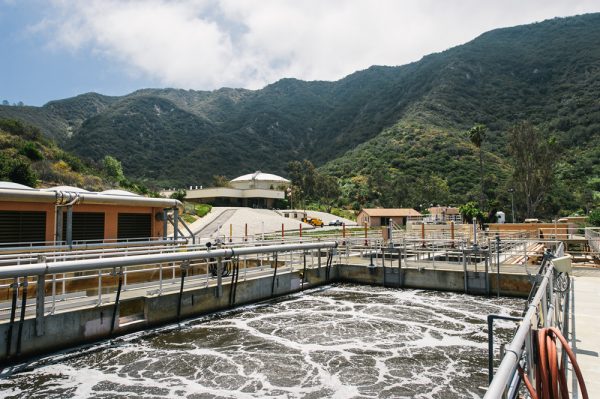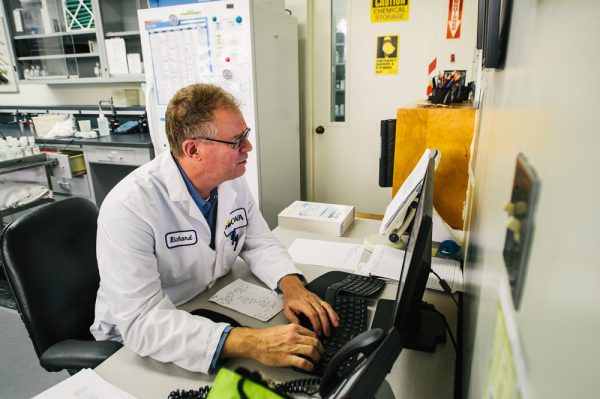While homeowners can take steps to control their use of water in their bathrooms and yards, they lack much flexibility when confronted with the significant sums they are asked to pay for the infrastructure that delivers water to their taps or removes waste from their toilets.
In my case, for example, 20 percent of my annual tax bill covers five separate water and sewer fees.

The obscure agency those fees help underwrite is the South Orange County Wastewater Agency (SOCWA). And last week, State Auditor Elaine M. Howle issued findings of a months-long audit, which criticized SOCWA on several counts, including for misreporting its financial statements for 15 years, which effectively dates from its inception in 2001. The auditor also identified $354,000 in funds improperly allocated.
Customers in the city of Laguna Beach, the Emerald Bay Service District and South Coast Water District are among the 500,000 south-county customers that rely on the Dana Point-based joint powers authority to process their wastewater.
SOCWA’s 10 members own and operate three treatment plants, including one in Aliso Canyon, that annually process 7 billion gallons of wastewater across a region that spans from Irvine’s southern border to the San Diego County line. The agency is also responsible for producing recycled water and weekly testing of ocean water at outfalls off Aliso Beach and San Juan Creek.
SOCWA did not adequately track the cash it collected from its 10 member agencies and thus doesn’t know each member’s share of available cash, according to a summary of the audit report dated March 22 on the auditor’s website.
The auditor also faults SOCWA for not expressly holding its members responsible for $18 million in pension obligations and for improper control of records covering inventory, payroll and capital assets.
Howle recommended that SOCWA continue to investigate discrepancies in its cash balances and credit its member agencies if additional cash is identified as well as develop protocols to better account for cash and prepare timely financial statements.
In a March 1 letter to Howle after reviewing the audit findings, SOCWA Chairman Dan Ferons, general manager of the Santa Margarita Water District, said the report confirms that internal steps by the agency begun in 2014 to improve its financial practices are underway and continuing.
“The board has taken it as a priority to address the issues the audit raised,” said Mike Dunbar, general manager of the Emerald Bay Service District, the smallest SOCWA member.

A different perspective comes from executives of the Moulton Niguel Water District, the SOCWA member whose complaints led to the audit.
“They continue to invoice us all year long, but they have not yet accounted for the money they already had and how they spent it,” said Moulton’s Asst. General Manager Matt Collings. Moulton wants to see monthly rather than annual statements from SOCWA, he said.
Moulton’s territory in Laguna Niguel and Aliso Viejo and parts of four adjoining cities provides services to 170,000 residents and comprises 40 percent of SOCWA customers, the largest provider of the 10 members.
The 10 members contribute towards SOCWA’s $30.4 million annual budget for operations and capital improvements. How much they contribute is complicated by SOCWA’s ownership structure, with different entities owning capacity of varying amounts at different facilities.
While the nine other SOCWA members opposed the audit, in part because of the cost, “ultimately we embraced it,” said SOCWA spokesman Peter M. Greyshock. It allowed an impartial referee to analyze internal changes in financial practices already underway at the agency since 2014, he said.
The $354,000 in misallocated funds identified by the auditor came from interest-bearing SOCWA accounts that should not have been allocated towards capital improvement projects, he said.
Greyshock said the auditor found changes in SOCWA’s accounting to be “sound, sufficient and reasonable.”
“Those are strong words. That means we’re on the path to improvement,” he said.




